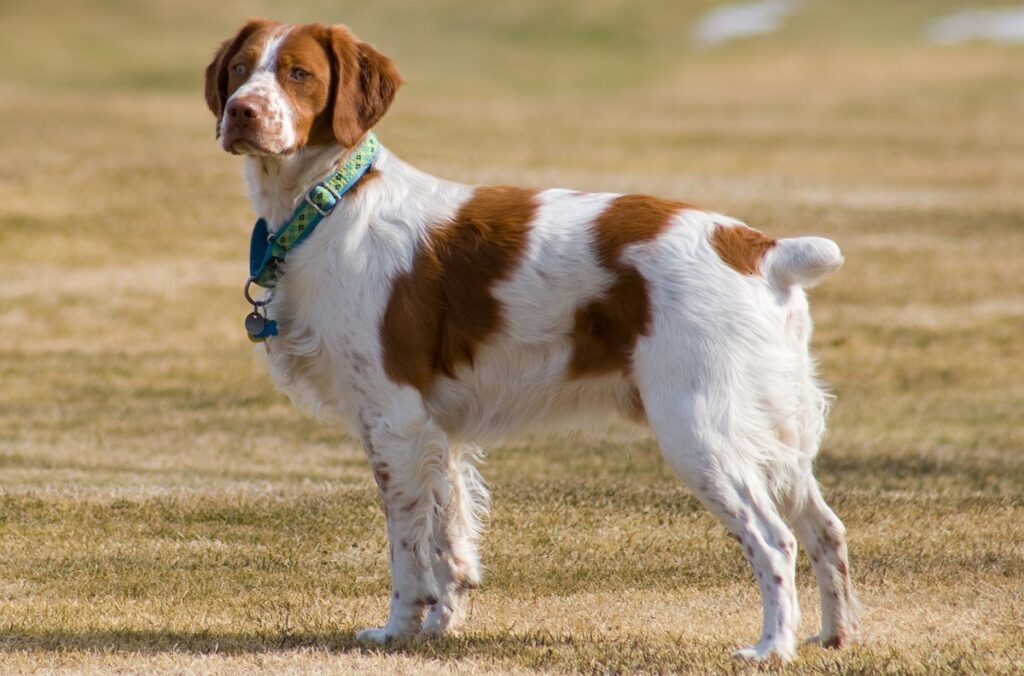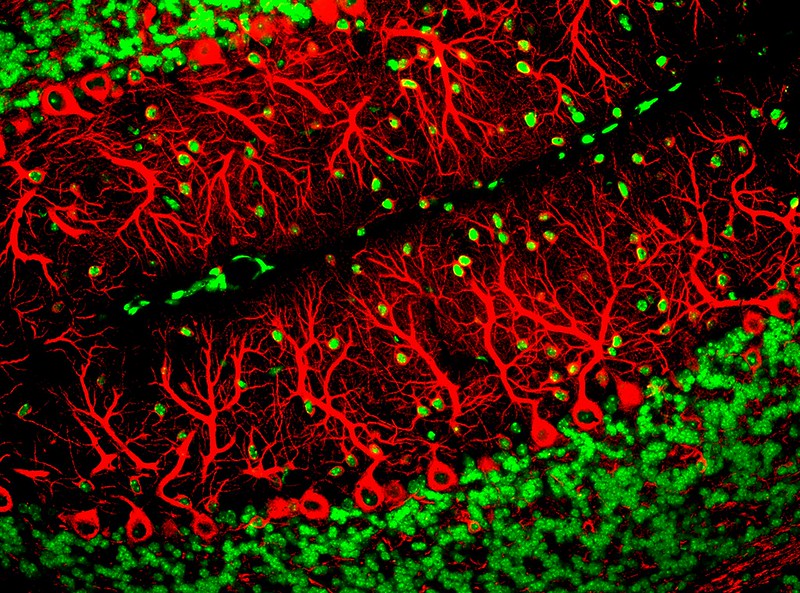A Bath couple faces serious animal cruelty charges after their dog died from being left outside in extreme heat without proper care. Theodore Furia, 35, and Nicole Wandell, 31, were arrested on June 23, 2025, following an animal cruelty investigation that revealed negligence leading to the death of their pet.
The Incident
According to local authorities, police responded to a call around 1:30 p.m. after animal control officers reported a dog showing signs of heat exhaustion at a residence in Bath, New York. By the time animal control arrived at the scene, the dog was already dead on the lawn of the property.
Police investigation determined that the dog had been left outside on the lawn for an extended period without access to clean water or appropriate shelter during hot weather conditions. This negligence directly contributed to the animal’s death from heat-related causes.
Legal Consequences
Furia and Wandell were charged with failure to provide proper sustenance, a class A misdemeanor, and inadequate shelter for dogs left outdoors, a violation. Under New York State’s Agriculture and Markets Law, animal cruelty is defined as any act, omission, or neglect that causes unjustifiable physical pain, suffering, or death to an animal.
The couple was processed on these charges before being released on appearance tickets. They are scheduled to appear in Bath Village Court at a later date. If convicted, they could face penalties including imprisonment and fines as prescribed by New York state law for animal cruelty violations.
Similar Posts
Similar Cases
This incident in Bath isn’t isolated. In Nashville, Tennessee, a similar case occurred around the same time where a couple, Dearick Pinkston and Lakendra Moore, was arrested on aggravated animal cruelty charges after their dog died on an apartment balcony during extreme heat without access to water or shade. According to investigators, the desperate dog had attempted to chew through a fence to escape the dangerous conditions.
Williamson County Animal Shelter Director Ondrea Johnson emphasized the critical importance of proper care during hot weather: “They need shade, protection from the elements and a place to cool off. One of the things you need to make sure is that you’re providing fresh water.”
Understanding Heat Dangers for Pets
Dogs are particularly vulnerable to heat-related illnesses because they primarily cool themselves by panting rather than sweating. When a dog’s body temperature rises significantly, it can quickly develop heatstroke, which can be fatal if not treated promptly.
Warning signs of heat distress in dogs include excessive panting, drooling, reddened gums, vomiting, disorientation, and lethargy. In severe cases, dogs may collapse, experience seizures, or lose consciousness.
Prevention and Legal Protections
New York State law provides specific protections for animals in extreme weather conditions. Under Agriculture and Markets Law § 353-b, dog owners must provide appropriate shelter for dogs left outdoors, including protection from inclement weather and temperature extremes. Additionally, § 353-d specifically addresses confinement of companion animals in vehicles during extreme temperatures.
Violations of these laws can result in civil penalties along with potential criminal charges carrying more severe penalties depending on the circumstances and outcome.
Animal Welfare Advocacy
Local humane societies and animal welfare organizations regularly remind pet owners about summer safety. The Humane Society of Schuyler County shares heat safety tips for pets, emphasizing the importance of providing adequate water, shade, and proper shelter during hot weather.

Experts recommend walking dogs during cooler hours of the day, providing constant access to fresh water, and never leaving pets unattended in vehicles, where temperatures can rise to dangerous levels within minutes – even with windows partially open.
These recent cases highlight how seriously authorities take animal welfare violations and serve as a somber reminder of pet owners’ legal and ethical responsibilities to protect their animals from preventable suffering and death.


















